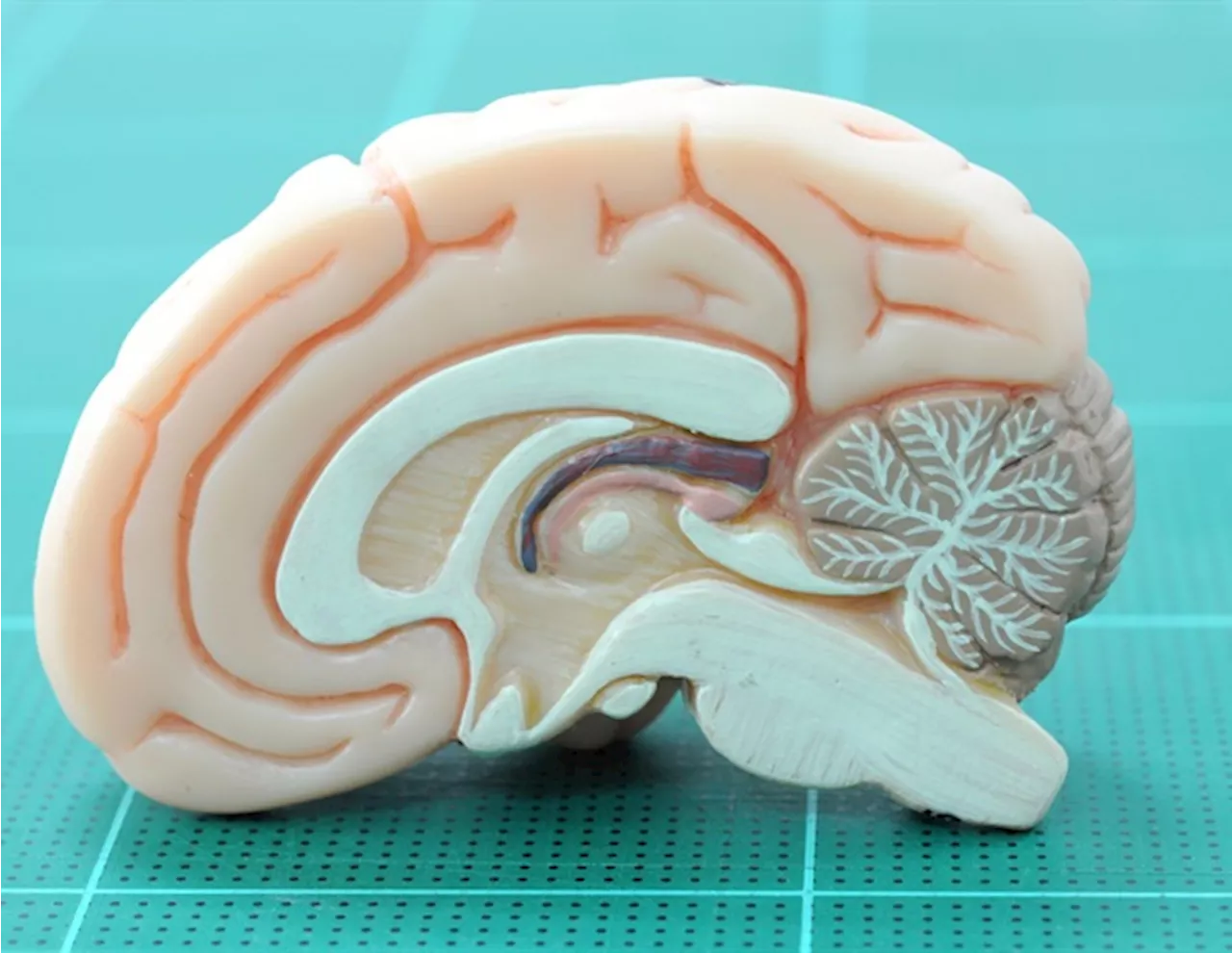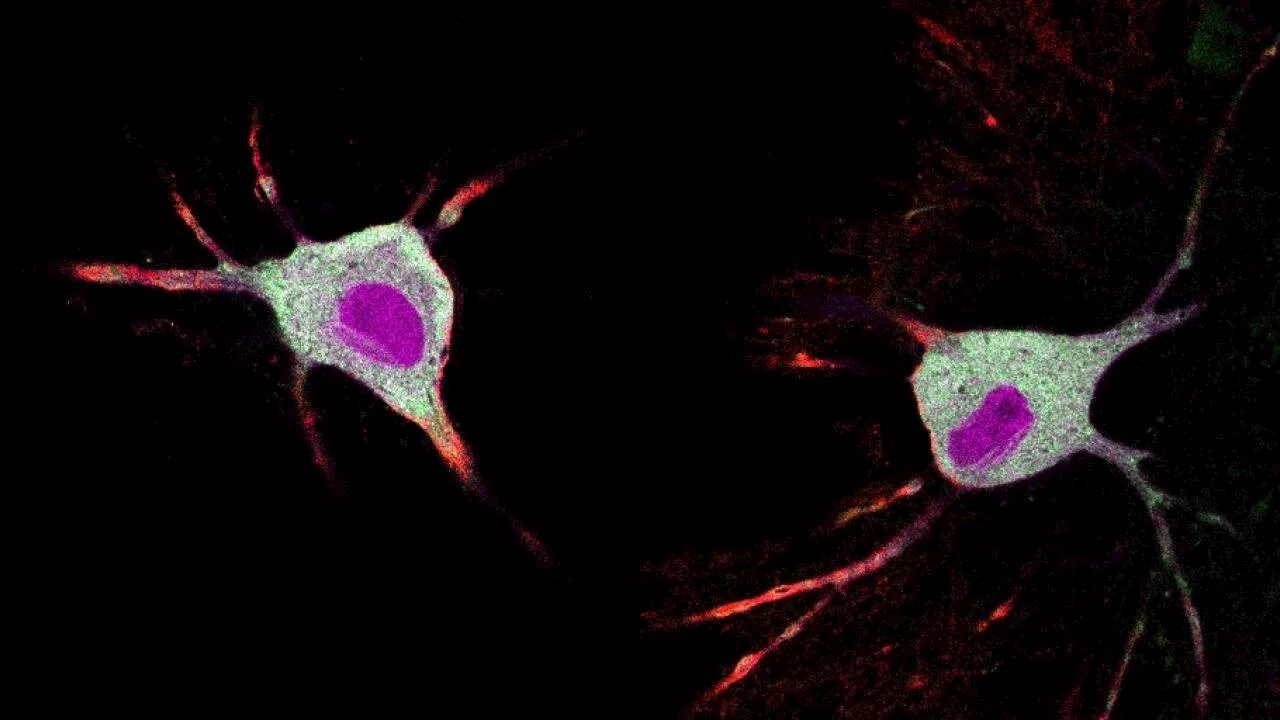Ongoing research is revealing how psychedelic drugs like psilocybin (the active ingredient in 'magic mushrooms') and LSD may help treat post-traumatic stress disorder (PTSD) by suppressing learned fear responses.
Psychedelics show promise for treating PTSD by suppressing learned fear responses retrieved 4 September 2024 from https://medicalxpress.com/news/2024-09-psychedelics-ptsd-suppressing-responses.html
This document is subject to copyright. Apart from any fair dealing for the purpose of private study or research, no part may be reproduced without the written permission. The content is provided for information purposes only.Feb 16, 2023Use this form if you have come across a typo, inaccuracy or would like to send an edit request for the content on this page. For general inquiries, please use ourThank you for taking time to provide your feedback to the editors.
Your feedback is important to us. However, we do not guarantee individual replies due to the high volume of messages.to let the recipient know who sent the email. Neither your address nor the recipient's address will be used for any other purpose. The information you enter will appear in your e-mail message and is not retained by Medical Xpress in any form.Get weekly and/or daily updates delivered to your inbox.
Medicine Research Health Research News Health Research Health Science Medicine Science
United Kingdom Latest News, United Kingdom Headlines
Similar News:You can also read news stories similar to this one that we have collected from other news sources.
 FDA rejects MDMA-assisted therapy for PTSD treatment—a researcher explains the challenges psychedelics faceDrugmaker Lykos Therapeutics announced on Aug. 9, 2024, that the Food and Drug Administration declined to approve the company's application for the use of MDMA-assisted therapy in the treatment of post-traumatic stress disorder. It is the first such decision issued on a psychedelic drug application.
FDA rejects MDMA-assisted therapy for PTSD treatment—a researcher explains the challenges psychedelics faceDrugmaker Lykos Therapeutics announced on Aug. 9, 2024, that the Food and Drug Administration declined to approve the company's application for the use of MDMA-assisted therapy in the treatment of post-traumatic stress disorder. It is the first such decision issued on a psychedelic drug application.
Read more »
 NIH funds study on psychedelics' potential to treat methamphetamine addictionJohn McCorvy, PhD, Assistant Professor in the Department of Cell Biology, Neurobiology, and Anatomy at the Medical College of Wisconsin (MCW); Adam Halberstadt, PhD, Professor of Psychiatry at the University of California San Diego (UCSD) and Director of the UCSD Center for Psychedelic Research; and Kevin Murnane, PhD, Associate Professor of...
NIH funds study on psychedelics' potential to treat methamphetamine addictionJohn McCorvy, PhD, Assistant Professor in the Department of Cell Biology, Neurobiology, and Anatomy at the Medical College of Wisconsin (MCW); Adam Halberstadt, PhD, Professor of Psychiatry at the University of California San Diego (UCSD) and Director of the UCSD Center for Psychedelic Research; and Kevin Murnane, PhD, Associate Professor of...
Read more »
 Renewed interest in psychedelics as potential addiction therapiesAfter years of being seen as dangerous 'party drugs,' psychedelic substances are receiving renewed attention as therapies for addiction -- but far more research is needed, according to a new special series of articles in the Journal of Studies on Alcohol and Drugs, published at Rutgers University.
Renewed interest in psychedelics as potential addiction therapiesAfter years of being seen as dangerous 'party drugs,' psychedelic substances are receiving renewed attention as therapies for addiction -- but far more research is needed, according to a new special series of articles in the Journal of Studies on Alcohol and Drugs, published at Rutgers University.
Read more »
 Psychedelics: A new hope for substance abuse treatmentStudy explores the history and current state of psychedelic research for treating substance abuse disorders, highlighting challenges like restrictive policies, lack of funding, and the need for recognition of traditional and modern therapeutic practices.
Psychedelics: A new hope for substance abuse treatmentStudy explores the history and current state of psychedelic research for treating substance abuse disorders, highlighting challenges like restrictive policies, lack of funding, and the need for recognition of traditional and modern therapeutic practices.
Read more »
 New method tracks how psychedelics affect neurons in minutesResearchers at the University of California, Davis have developed a rapid, noninvasive tool to track the neurons and biomolecules activated in the brain by psychedelic drugs. The protein-based tool, which is called Ca2+-activated Split-TurboID, or CaST, is described in research published in Nature Methods.
New method tracks how psychedelics affect neurons in minutesResearchers at the University of California, Davis have developed a rapid, noninvasive tool to track the neurons and biomolecules activated in the brain by psychedelic drugs. The protein-based tool, which is called Ca2+-activated Split-TurboID, or CaST, is described in research published in Nature Methods.
Read more »
 The FDA Didn’t Approve MDMA. Is the Medical System Ready for Any Psychedelic?The FDA rejected MDMA as a PTSD treatment. Is the U.S. medical system ready for any legal psychedelic, like psilocybin or LSD?
The FDA Didn’t Approve MDMA. Is the Medical System Ready for Any Psychedelic?The FDA rejected MDMA as a PTSD treatment. Is the U.S. medical system ready for any legal psychedelic, like psilocybin or LSD?
Read more »
